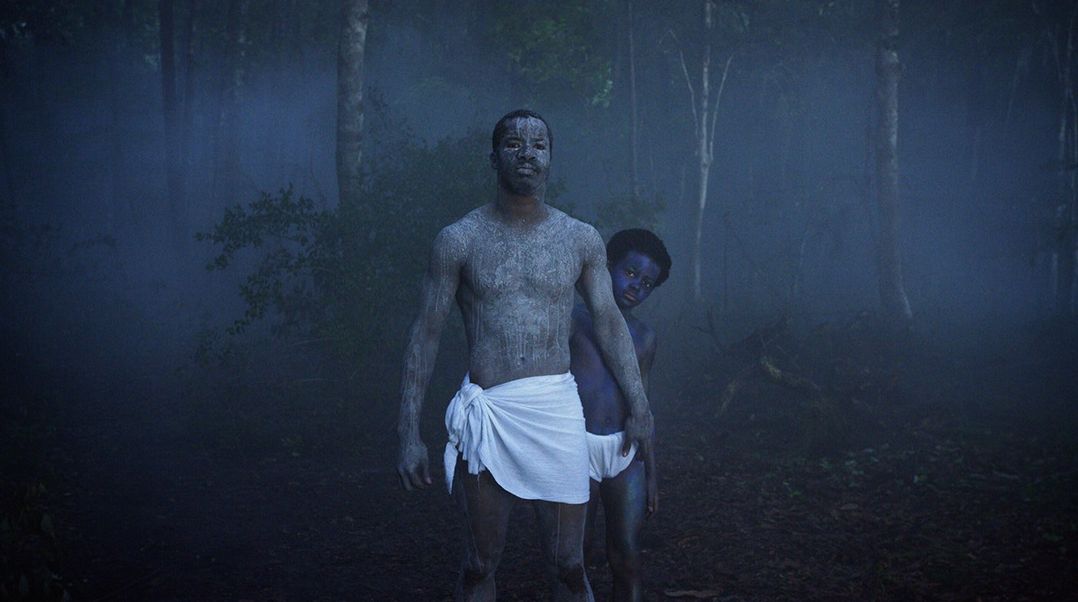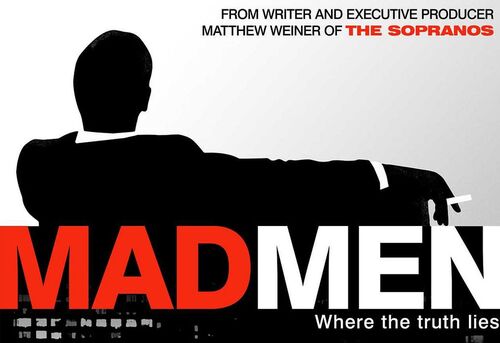
Nate Parker's Powerful Mission Behind Sundance Festival Breakout 'The Birth of a Nation'
 Having sold to Fox Searchlight for a massive $17.5 million after a standing ovation-invoking premiere at Sundance, Nate Parker's The Birth of a Nation has exploded into a financial and critical juggernaut.
Having sold to Fox Searchlight for a massive $17.5 million after a standing ovation-invoking premiere at Sundance, Nate Parker's The Birth of a Nation has exploded into a financial and critical juggernaut.
The story follows the true story of Nat Turner, a Virginian slave who is intellectually gifted, and preaches his beliefs while still in shackles. His tale eventuates into a 48-hour rebellion in 1831, 30 years before the American Civil War began. The film, on the surface, recalls 2013's Best Picture-winning 12 Years a Slave, at least in subject.
The story behind the scenes, however, is just as fascinating. Parker put his entire career on the line, rejecting acting offers as he attempted to get the film off the ground. Speaking with Indiewire, Parker described the reception and experience during its premiere as "surreal... it was as if time was standing still. I didn't know what was happening. It took me a minute to get my bearings... I was thinking to myself, 'how incredible.' Not just for the film, but the fact that there was a buzz about the potential this film had to create change agents. That's what I think people were inspired by.
"Anyone that's heard things about the film or seen my interviews about the film - I think people are ready to heal. There's been a gaping wound caused by the legacy of slavery in this country, and we, up until this moment, have not been open to the idea of confronting that injury for the purpose of healing. It's kind of been this dark history that we've sanitized so as not to feel guilty, as not to feel responsible, and as not to give up privilege.
"The fact that people responded so soon affected me very deeply, and then to see the response after the film was such a confirmation. It made me feel like, not only did they come, hoping they would see something that would help facilitate change in this country with respect to racial tension and injustice, they also felt that it actually paid off and it actually did was it was designed to do. I don't mean to speak for my audience, but that's just what it felt.
"We all are the audience. I don't know many people at all that will look you in the eye and say, 'I don't want racial harmony in this country' or 'I don't want to have change agents that go out to address injustices in our country, whether it's racial justice, identity injustice or sexual injustice.' I think everyone wants to see progress. I don't think everyone has an answer.
"I think everyone is looking for a solution. I'm just a filmmaker. I'm not a surgeon; they are important. I'm not a journalist; God knows they're important. But I know I have a responsibility, as does the surgeon, as does the journalist, to recognize injustices in our environment and to address them."
On putting his career on hold, Parker expressed the belief that there is this "fear of irrelevance in Hollywood where you're completely programmed to believe, 'If I go away or I don't make one film a year, if I don't make two films a year, if I'm not completely engrossed in my social media, you will become irrelevant, and people won't care.'"
But he believes that one film every five years that creates systematic change will reap far greater rewards and a far larger response. It's the old saying of 'quality over quantity'.
"There's nothing I can do that will equal the sacrifice he made on behalf of his people," Parker said of Nat Turner's tale. "If I want to see this done, I have to put skin in the game. i have to put my career on the line. I have to put my financial stability on the line."
He believes it's miraculous that he managed to make the film in two years, given he was prepared to put in however many years, no matter what it took, to see this completed as his next project. His resolve was uncanny. "The desire to make this film could have come as a detriment to my career. I think that is why this is such a huge victory for independent film and independent filmmakers."
"I developed this from the ground. I did the research with Jean Celestin, who has a story credit. He helped me write the treatment. I wrote the screenplay. I raised the money. I approached Sundance. I approached other writers and directors. Putting myself in danger with my last bit of money, I moved to Savannah... I have stayed with this project to the bitter end, and I will continue to stay."
Read the full interview at Indiewire here.


